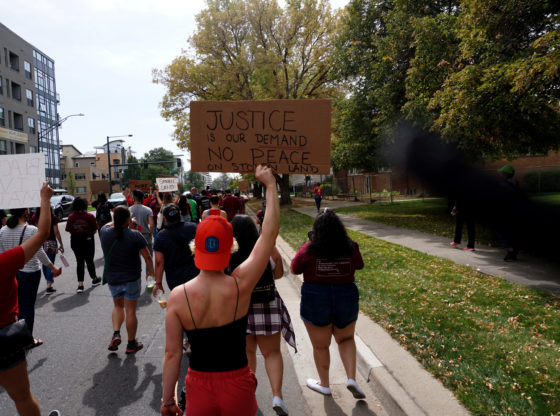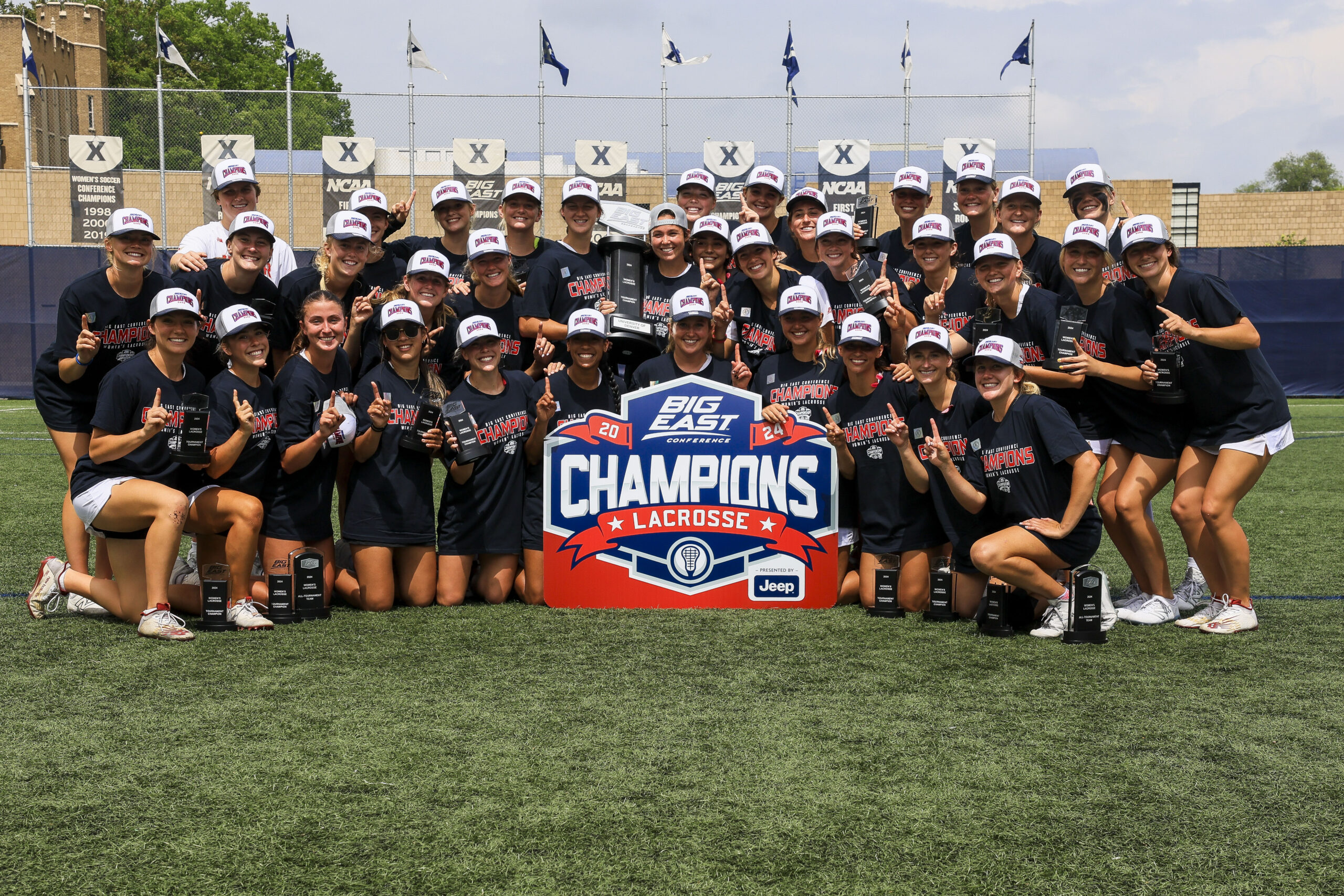Creating music is an outlet. Writing lyrics is a form of expressing your feelings, whether it’s the joy of falling in love or the pain of losing a parent. To be able to share these vulnerable emotions is a chance to connect with those going through the same events and thought processes. Songs are similar to photo albums, except you’re not only looking back at the highest points in your life but also your lowest.
However, what can be even more painful than reliving these emotions is when someone tries to take your art and your most vulnerable thoughts away from you. This is exactly what is going on with Taylor Swift, arguably one of the largest songwriters of the decade.
On Nov. 14, Swift took to Twitter and Instagram to expose Scott Borchetta, the CEO of her old record label Big Machine Records, and Scooter Braun, a big-time manager who bought the label from Borchetta. They will not allow her to perform her past hits at the American Music Awards, where she is being honored as Artist of the Decade. She goes on to explain that Borchetta and Braun will not allow her past concert footage or music to be featured in her upcoming Netflix documentary either.
It is also important to note that according to Swift, Borchetta and Braun have also said she needs to stop talking about them.
This isn’t the first battle Swift has had with Borchetta and Braun. This past June, she explained via Tumblr that Borchetta would not allow her to buy the master recordings (the original recordings of her songs) for her past six albums and had instead decided to sell them to Braun. Swift has also called Braun an “incessant bully” for taking part in poking fun at Swift when Kim Kardashian infamously posted her Snapchat video concerning Kanye West’s line about being the reason for Swift’s superstardom in his song “Famous.”
In both of these instances, Swift has emphasized the need for artists to own their own work and be able to do whatever they want with their music. Someone should not have the power to take it away from them.
The Swift versus Borchetta and Braun battle shows a darker side of the music industry. If Swift, one of the most well-known artists in the world, isn’t allowed to own her music, what does that mean for smaller artists? Those struggling to make their way into the music world may be taken advantage of by recording industry giants like what happened with Swift. When she signed her contract with Big Machine Records at 15 years old, she had no idea that letting Borchetta to own her masters would mean she couldn’t do what she wanted with them.
This fight also shows the power dynamics between men and women in the music industry. As a female musician myself, I’ve felt the same pain and frustration Swift feels over not having a voice in what you can do to grow as a musician. I remember starting out as a female DJ being so excited about playing songs live that I only used to dance around my room to and being able to look up at the crowd and see them dance along as well. I remember buying my first DDJ at Guitar Center and spending hours in my room while I learned to beat match and pick songs I knew people my age would go crazy for. But I also remember how almost all of that was ruined.
Before going solo, I used to have a male partner. We’d make music together, and deejay together at local college bars. But my input was never taken. Our set lists would be created solely by him, and he would call it “his music,” “his setlists” and “his career.” There was never an “us.” My protests to work equally were never taken into consideration. The bar manager of where I deejay now recalls seeing us on stage together and noting that I looked miserable.
I cried constantly to my friends about how I wanted to quit music altogether and how I didn’t care anymore. It was not until months later that I learned why I faced this treatment. Female DJs are so rare and so sought after that many men who have the chance to work with them treat them similar to a trophy wife. They say they work with the “token female DJ,” while keeping her on the sidelines where she has to watch a man take away all the creativity and passion she once had for music.
We’re seeing this play out with Swift—it’s a similar example of men in a powerful industry looking to take credit for a female’s work and silence them. Past memories shown in songs such as “All Too Well” and “Getaway Car” deserve to be hers and hers only. Knowing that those songs are owned by two men who took no part in creating them is a source of extreme pain and frustration. “Getaway Car,” the song that I’ve always described as the one that helped me get my life back, is not owned by the woman who wrote it and experienced the same events I did, and that brought me to tears today.
Artists should be able to own every part of their work and perform it wherever they please. Power plays to discriminate against gender should not be allowed. To try and silence a woman who has spent her lifetime creating art is unjustifiable. It is vile and disgusting. Everyone should be allowed to showcase their creativity and be able to share parts of themselves through music.
What’s remarkable is that Swift refuses to back down and continues to fight for artists’ rights. There’s only one thing left to say, and it’s the same as what tens of thousands are saying on Twitter:
#IStandWithTaylor











